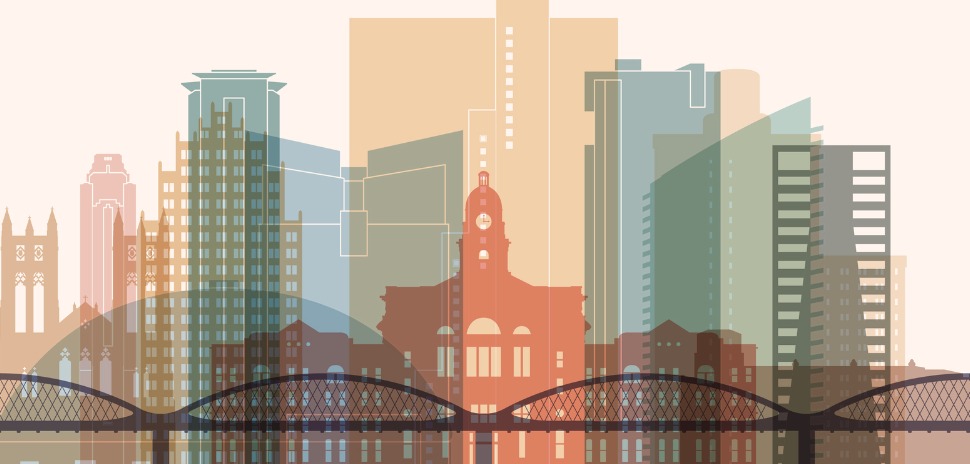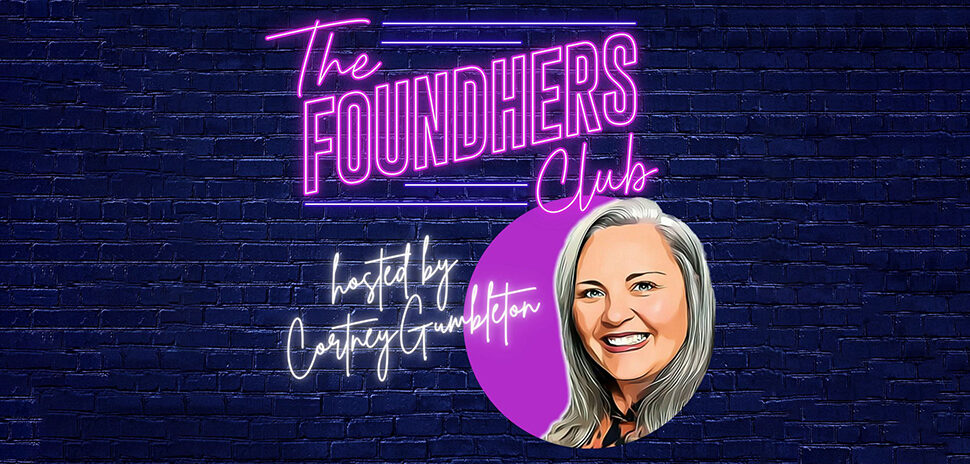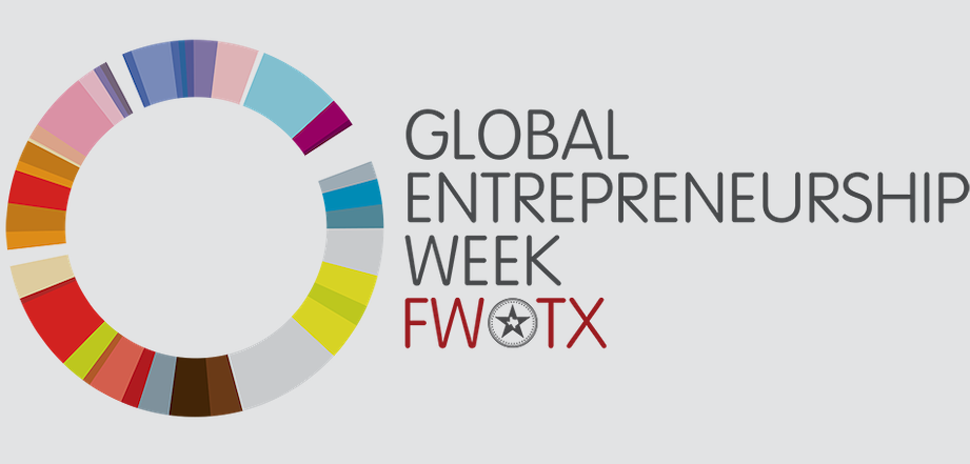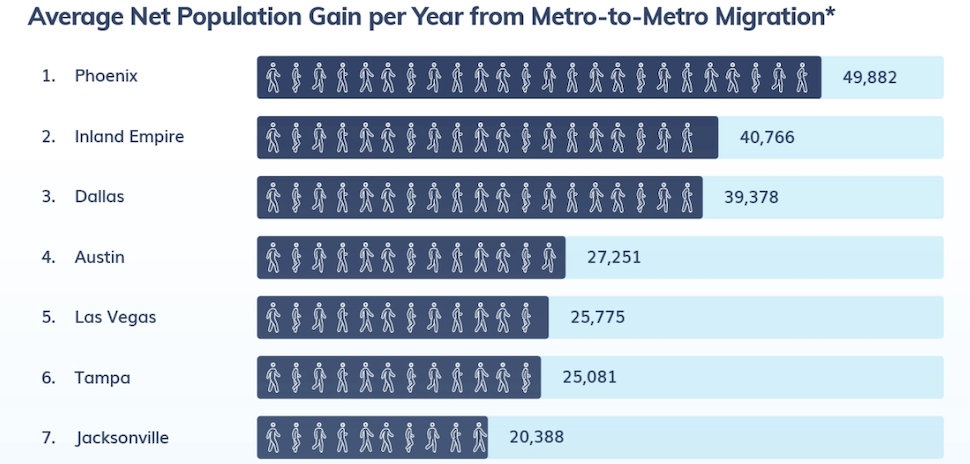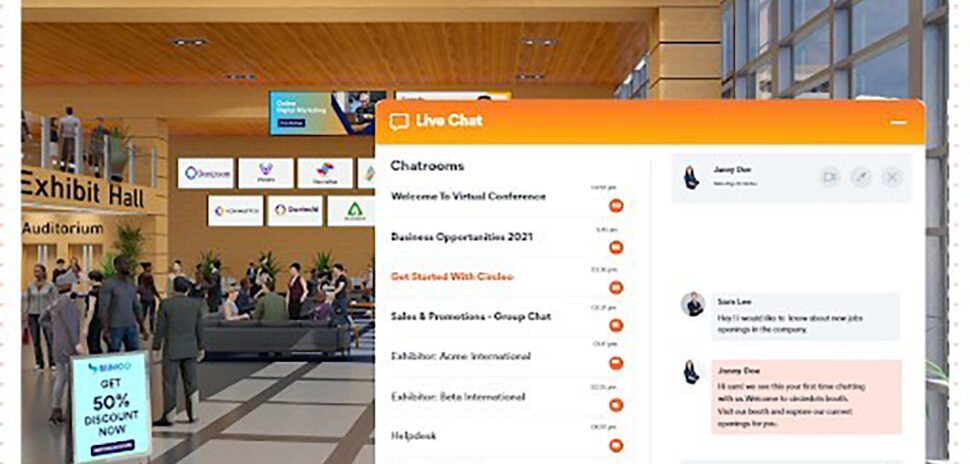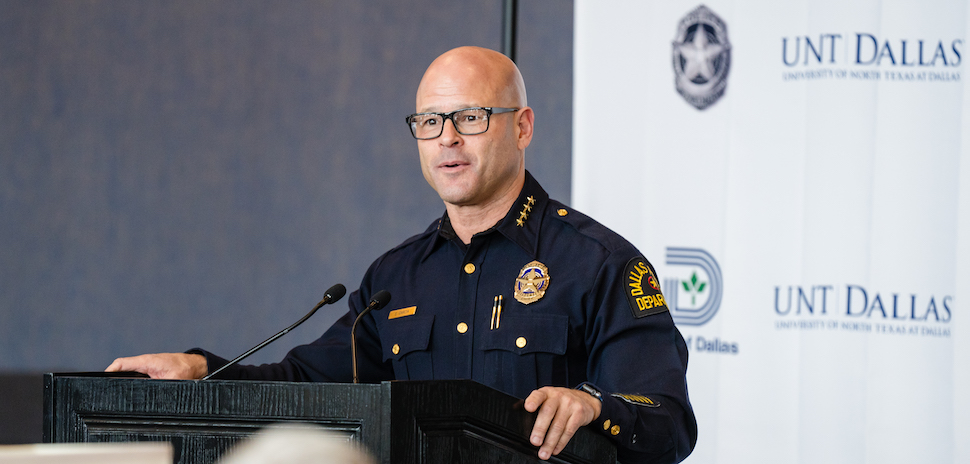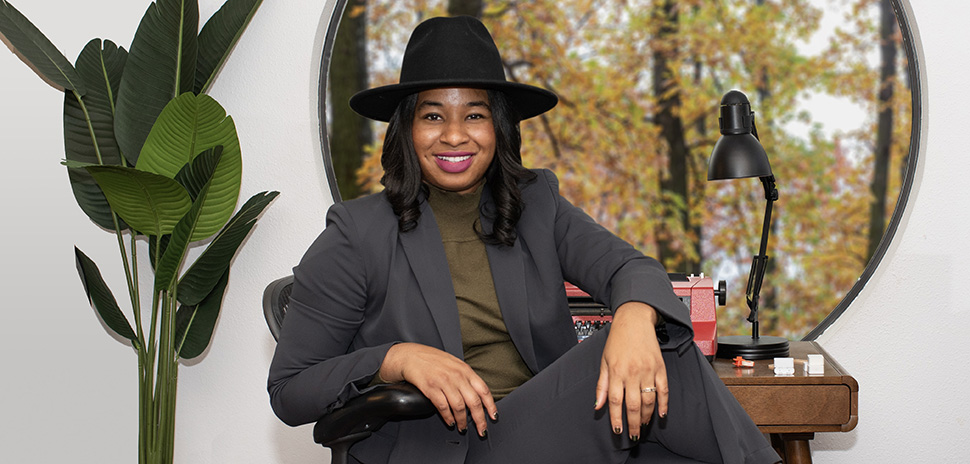Entrepreneurs are an essential part of Fort Worth’s future and the city needs to do everything it can to foster their success, creating ecosystems where they can thrive, and even consider offering tax incentives.
But there’s also a live-and-play component that requires a vibrant culture so the people who found startups will want to put down roots here.
These were some of the main takeaways from Fort Worth’s first comprehensive economic development plan, put together by consultants from TIP Strategies, an Austin-based firm. Experts from the city and the private sector discussed the results during a special meeting Tuesday morning at the Fort Worth Botanic Garden.
“It’s the entrepreneur who knows how to take a product or an idea and develop it from nothing into a global product,” Fort Worth City Council member Brian Byrd said. “That person is one in a million. Let’s focus our efforts on getting those people here and for those who are already here and coming up through our system, let’s keep them here.”
The economic development plan covers all facets of business growth from attracting corporate relocations to helping small businesses and neglected neighborhoods. It outlined four goals: establish Fort Worth’s competitive edge; become a hub for creative businesses; ensure community vitality; and foster tools and resources to support economic growth.
Here are a few of the innovation-focused themes that came out of the report:
ATTRACTING, RETAINING ENTREPRENEURS IN FORT WORTH
Coworking is on the rise in Fort Worth with Common Desk recently opening on West Seventh Street and WeWork putting down roots in the Clearfork development at 5049 Edwards Ranch Road. There are rumors of another coworking space coming, too.
Cameron Cushman, a Fort Worth entrepreneur who recently started as director of innovation ecosystems at UNT Health Science Center, said the city has been behind the curve when it comes to coworking.
“These connection points that entrepreneurs have need to be very frequent to really let them amplify this transfer of knowledge.”
Hayden Blackburn
“We haven’t had that as part of our mix,” said Cushman, who also co-founded the weekly nationwide startup event, 1 Million Cups. “One of the biggest things we’re missing are role models. We need people who have done it before to spread the word. We need more of those kinds of stories. We don’t talk about entrepreneurs that way and we need to.”
Hayden Blackburn, assistant director at the entrepreneurial nonprofit TECH Fort Worth, said startups need flexible work spaces with non-traditional lease terms and access to talent and capital.
“We have a lot that’s happening right now,” Blackburn said. “These connection points that entrepreneurs have need to be very frequent to really let them amplify this transfer of knowledge.”
He also wants the city to encourage the corporate world to get involved, hosting more reverse pitch competitions to see what kinds of problems startups can solve.
Darlene Boudreaux, executive director of TECH Fort Worth, said she was encouraged by the findings of the report and the emphasis it places on the entrepreneur.
“Entrepreneurial companies need an environment that will attract and keep them here and it’s important if the city wants to be known for entrepreneurial companies that they have to take some action and be proactive.”
Events such as the Main Street Arts Festival in April, a walkable downtown, and unique shops also helps, Boudreaux said. It’s important to keeping talented, creative people from migrating to Silicon Valley or other places, she said.
“In order to be a place where you attract the younger generation to start their companies and to grow here you have to have an attractive place,” she said. “It impacts the people who are here and where people like to hang out.”
Boudreaux lived the entrepreneurial life as the CEO and founder of a pharmaceutical company before there were mentors, coworking spaces, and other resources available.
“You live and die by your own hand and what you create,” she said. “It’s a different level of energy. Generally, the people that I work with in TECH Fort Worth are passionate about bringing something new to the market that will be a positive influence in our life.”
NEAR SOUTHSIDE BECOMING ECONOMIC DRIVER
With seven hospitals, a thriving creative hub on Magnolia Street, and even some breweries and distilleries, the Near Southside has a lot going for it, said Paul Paine, president of Fort Worth South Inc.
The area got the attention of Bruce Katz, a global urbanization specialist from the Brookings Institute who toured the area on bicycle in 2016. Katz emphasized at the time that face-to-face networking is king and that a walkable, urban environment where people can share ideas is vital.
“He was so excited that all he could talk about for the next two days was what was happening in Fort Worth on the Near Southside in the Innovative District,” Paine said.
Other cities, including Austin, have similar medical hubs, but what sets Fort Worth apart is the development on Magnolia Street, said John Karras, a consultant with TIP Strategies.
Public relations and marketing firms, artists, boutique shops, and others are opening up on Magnolia Street, adding to the resurgence that’s led by having so many hospitals in close proximity.
Another big component will be the Hemphill-Lamar Connector road, a new underpass that will go under the Union Pacific railroad tracks on the south side of downtown. The $53 million project started construction this year and is expected to be completed in 2020.
The project will connect downtown to the Near Southside and could spark more development in that area, Paine said.
“It brings those economic drivers together,” he said.
PUTTING FORT WORTH ON CORPORATE RELOCATION MAP
It’s no secret that Fort Worth has been getting beaten to the corporate headquarters relocation punch in recent years.
Andy Taft, president of Downtown Fort Worth Inc., said the recommendations in this economic development report will be a booster shot for the city of incredible proportions.
“It’s going to be a steroid shot. There are cities in the Metroplex kicking us right where we would get the steroid shot,” Taft said. “We need to illustrate a sense of vitality and being in the game that rivals the message that we’re sending.”
“We need to illustrate a sense of vitality and being in the game that rivals the message that we’re sending.”
Andy Taft
Fort Worth is part of a regionwide effort to attract Amazon’s second headquarters and it’s these types of businesses that Fort Worth needs to focus on, he said.
“They will come to Fort Worth and they will not only fill up the buildings that we have now,” Taft said. “What we should be talking about are the other buildings queuing up to be built.”
He also emphasized the importance of mixed-use development that intermingles offices, condominiums, apartments, restaurants, and retail. High-rise development also increases that vitality. Much of the development going on near downtown, such as the apartments, is just a single land-use, which discourages vitality and face-to-face interaction.
“The exchange of energy builds on its own,” Taft said of mixed-use development. “That’s the way human beings interact.”
![]()
Get on the list.
Sign up to keep your eye on what’s new and next in Dallas-Fort Worth, every day.
And, you’ll be the first to get the digital edition of our new Dallas Innovates magazine:
The annual edition publishes in January










